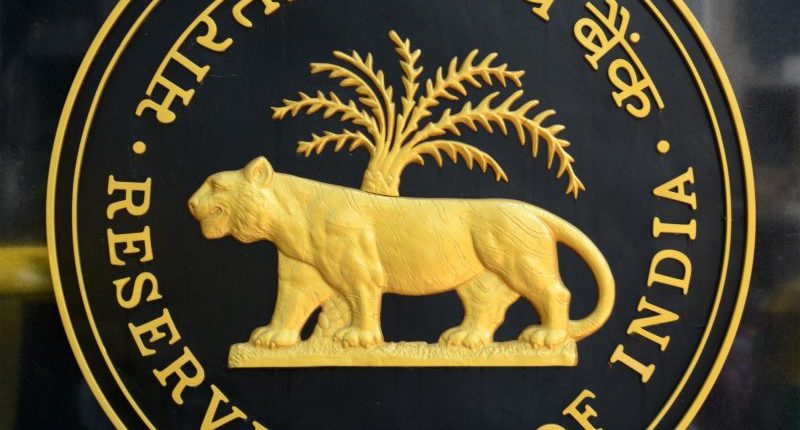On Thursday, the Reserve Bank of India (RBI) proposed extending the Rs.50,000 crore on-tap liquidity window for emergency healthcare services till 30 June 2022. The RBI had introduced the on-tap liquidity window at the repo rate with three years tenors on 5 May 2021 to provide immediate liquidity for boosting COVID-19 related healthcare infrastructure and services.
On-Tap Term Liquidity Facility for Emergency Health Services
Banks were incentivised to quickly deliver credit under the scheme by extending the priority sector classification to such lending until 31 March 2022. Under this scheme, the banks had to create a COVID-19 loan book.
As an additional incentive, the banks were also eligible to put their surplus liquidity up to the size of the COVID-19 loan book with the RBI under the reverse repo window at a rate of 25 basis points lower than the repo rate, i.e. 40 basis points higher than the reverse repo rate.
The RBI stated that till 4 February 2022, banks deployed their funds amounting to Rs.9,654 crore towards COVID-19 related emergency health services. It proposed to extend the liquidity window from 31 March 2022 to 30 June 2022 because of the response to the scheme.
On-Tap Term Liquidity Facility for Contract Intensive Sectors
The RBI also extended the Rs.15,000 crore liquidity window for contract intensive sectors till 30 June 2022. On 4 June 2021, the RBI introduced a separate liquidity window at the repo rate with three-year tenors until 31 March 2022 for contract intensive sectors.
Banks were incentivised to put their surplus liquidity up to the size of the COVID-19 loan book created under the scheme. The banks aspiring of deploying their resources without taking funds from the RBI under this scheme for lending were eligible for this incentive.
The banks deployed their funds amounting to Rs.5,041 crore up to 4 February 2022 to contract intensive sector entities. The RBI proposed to extend this window up to 30 June 2022 due to the response to this scheme.
The RBI governor, Shaktikanta Das, stated caution over the impact of the COVID-19 pandemic on banking and Non-Banking Finance Companies (NBFCs) when the effects of regulatory resolutions and reliefs entirely work their way through.
The RBI governor further advised the banks and other financial entities to strengthen their corporate governance and risk management strategies for building resilience in an uncertain economy and increasingly dynamic environment.
For any clarifications/feedback on the topic, please contact the writer at mayashree.acharya@cleartax.in

I am an Advocate by profession. I interpret laws and put them in simple words. I love to explore and try new things in life.





